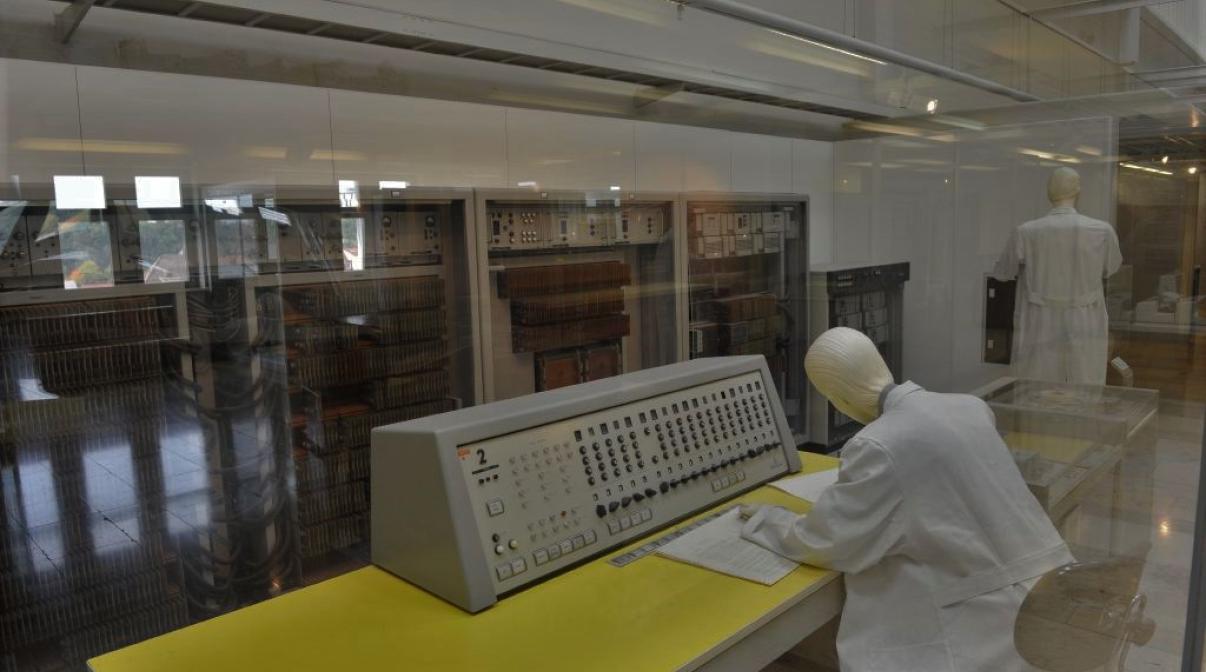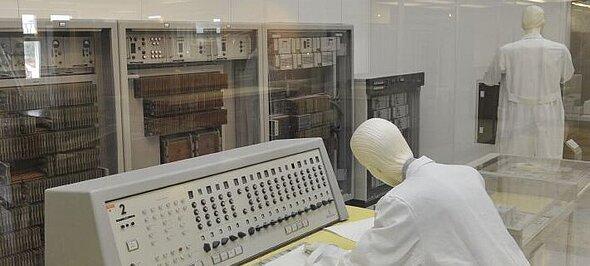Insights
Reference items
Blogpost
Making it explicit - Comparison of prediction abilities for different AI-methods
25th November 2019
Blogpost
Gradient boosting vs. deep learning. Possibilities of using artificial intelligence in banking
10th December 2018
Contact our experts
Reference items
Expert EN - Denis Hohan

Senior Consulant
Denis
Hohan
Denis Hohan is a Senior Consultant at CORE. With a focus on digital transformation, data science, machine learning and GenAI, he supports our clients in the banking sector with business-critical te...
Read moreDenis Hohan is a Senior Consultant at CORE. With a focus on digital transformation, data science, machine learning and GenAI, he supports our clients in the banking sector with business-critical technology transformations. During his studies in business informatics, he gained practical experience across industries in management consulting, data science and software development.
Read less





